French Culture: Where Art, Conversation, and Inspiration Converge
French culture is renowned for its love of conversation, and the topics that often take center stage are art, literature, and philosophy. Intellectual pursuits and the arts hold a significant place in French culture, shaping the way people converse and socialize. The French exhibit a passionate devotion to subjects like literature, philosophy, and art, relishing lively discussions and debates with like-minded individuals who share their interests.
In France, it is not uncommon to spend hours engrossed in conversation at a café or restaurant, engaging with friends, family, or colleagues. This cultural practice, known as “la causerie” or “le bavardage,” is considered a vital component of French social life. Furthermore, attending lectures, readings, and other cultural events is a popular pastime, providing opportunities for French individuals to interact with others who share their love for intellectual pursuits.

The rich tapestry of French culture has given rise to numerous remarkable thinkers, writers, artists, and musicians. From the enlightenment philosophers Voltaire and Rousseau to existentialist icons like Camus and Sartre, from literary giants Victor Hugo and Marcel Proust to groundbreaking artists Claude Monet and Edgar Degas, and from iconic chanteuses Edith Piaf and Jacques Brel to electronic music pioneers Daft Punk and Christine and the Queens, French culture has nurtured and celebrated a diverse range of talents. French cinema, held in high regard worldwide, has produced visionary directors such as François Truffaut, Jean-Luc Godard, and Agnès Varda, who have left an indelible mark on the art of filmmaking.

France’s artistic and intellectual achievements extend far back into history. During the Renaissance, France emerged as a vibrant hub of artistic activity, attracting luminaries like Leonardo da Vinci to its shores. In the 19th century, France became the epicenter of the art world, with painters like Monet, Renoir, and Degas leading the revolutionary Impressionist movement. Often referred to as the “golden age” of French culture, the 19th century witnessed France’s preeminence in the realms of art and literature. The Impressionist movement, which emphasized capturing fleeting moments and impressions using light and color, took root in France during the 1860s and 1870s. Artists such as Claude Monet, Pierre-Auguste Renoir, and Edgar Degas gained widespread recognition for their innovative techniques and choice of subject matter.
In the realm of literature, French writers produced works of exceptional significance throughout the centuries. The 17th and 18th centuries witnessed a flourishing of French literature and philosophy, with luminaries like Molière, Voltaire, and Rousseau leaving an indelible mark on the world of letters and ideas. Victor Hugo’s monumental novels, “Les Misérables” and “The Hunchback of Notre-Dame,” captured the hearts of readers and influenced generations of writers. Gustave Flaubert’s “Madame Bovary” is hailed as a masterpiece of realist literature, while Emile Zola, another prominent French writer, crafted compelling novels like “Germinal” and championed naturalism—a literary movement seeking to depict the world as it truly is, devoid of romanticization or idealization.
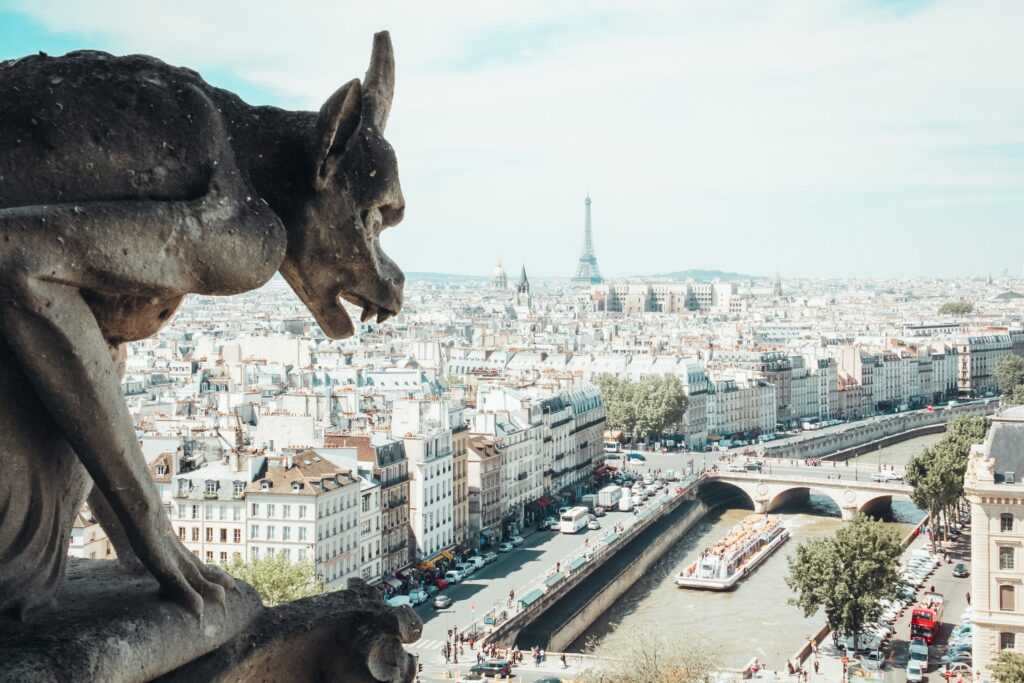
https://www.pexels.com/photo/photo-of-a-gargoyle-with-a-view-of-a-city-9999869/
Music, too, flourished in 19th century France, with composers such as Hector Berlioz, Georges Bizet, and Claude Debussy boldly pushing the boundaries of traditional music and forging new forms of artistic expression. Their compositions transcended convention, infusing French music with a distinct and enduring legacy.
The intellectual vibrancy, artistic innovation, and cultural richness of France have left an indelible imprint on the world. The French love affair with conversation, their relentless pursuit of intellectual pursuits, and their profound contributions to the arts have solidified France’s position as a wellspring of inspiration and creativity. Today, French culture continues to foster a thriving artistic and intellectual scene, attracting artists, writers, and thinkers from around the globe.
Contemporary French artists, such as the provocative street artist JR and the visionary architect Jean Nouvel, push boundaries and challenge conventional norms, leaving their mark on the evolving landscape of art and design. Writers like Leïla Slimani and Laurent Binet explore themes of identity, society, and politics, captivating readers with their bold narratives and incisive social commentary. Meanwhile, the French music scene remains vibrant and diverse, with artists like Christine and the Queens, Stromae, and Woodkid captivating audiences with their innovative sounds and thought-provoking lyrics.
France continues to be a thriving center for cultural events and festivals. The Cannes Film Festival, held annually on the French Riviera, attracts filmmakers and cinephiles from around the world, showcasing the best of international cinema. The Avignon Festival, renowned for its theater performances, draws artists and theater enthusiasts to the historic city every summer. These events provide a platform for emerging talents and celebrate the enduring power of artistic expression.
Furthermore, French institutions dedicated to the arts, such as the Louvre Museum, the Musée d’Orsay, and the Centre Pompidou, house vast collections of masterpieces, offering visitors a glimpse into the rich artistic heritage of France and the world. These institutions serve as important pillars in preserving artistic legacy and providing educational opportunities for future generations.
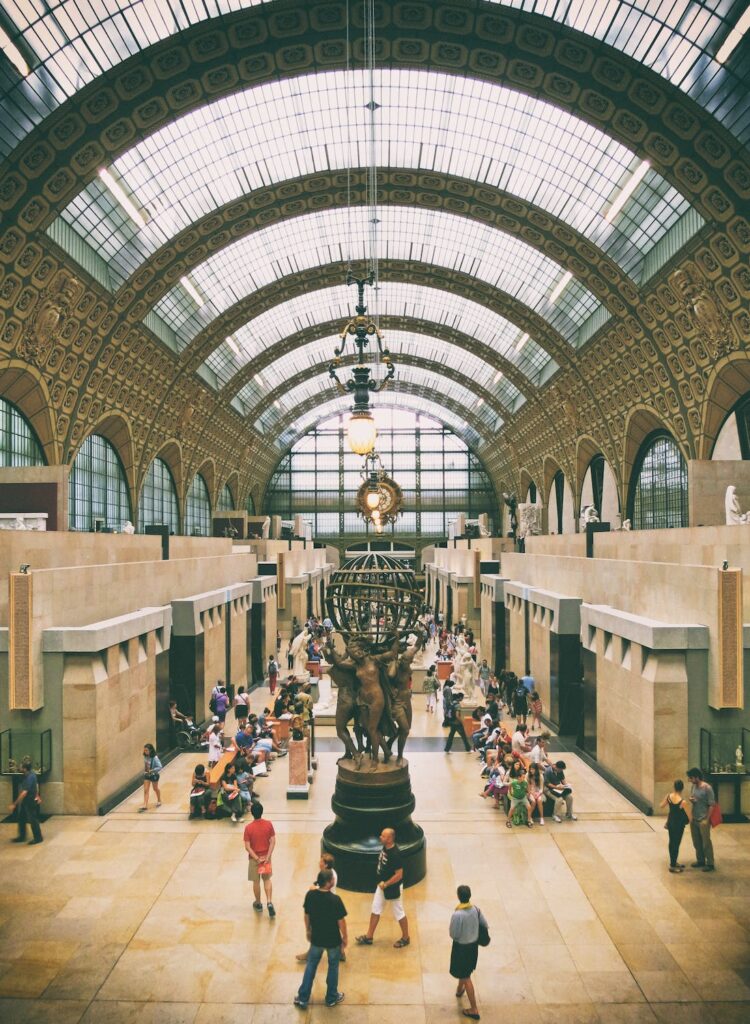
In the digital age, French culture and art have expanded their reach through technological platforms. Online galleries, virtual exhibitions, and digital collaborations have opened new avenues for artists to share their work with a global audience. France’s cultural institutions have embraced digital innovations, allowing art lovers from all corners of the world to explore their collections and engage with artistic content.
Michelangelo’s legacy, while not directly tied to French culture, finds resonance in France’s reverence for artistic brilliance and intellectual discourse. His iconic works continue to inspire artists, art enthusiasts, and scholars alike. The grandeur of his sculptures and the sublime beauty of his frescoes transcend time and geography, speaking to the universal human experience. Michelangelo’s artistic philosophy, characterized by a relentless pursuit of excellence and an unwavering dedication to his craft, serves as a guiding light for aspiring artists, reminding them of the transformative power of art.
In conclusion, France’s passion for intellectual pursuits, its thriving artistic scene, and its commitment to preserving and celebrating cultural heritage make it a fertile ground for artistic expression and a wellspring of inspiration. Through its artists, writers, musicians, and cultural institutions, France continues to shape the global artistic landscape, nurturing creativity, fostering meaningful conversations, and ensuring that the legacy of artistic giants like Michelangelo lives on, inspiring generations to come.
Header Photo Credit: Nanzui Palomino https://www.pexels.com/photo/roman-numeral-round-analog-clock-at-4-02-165770/



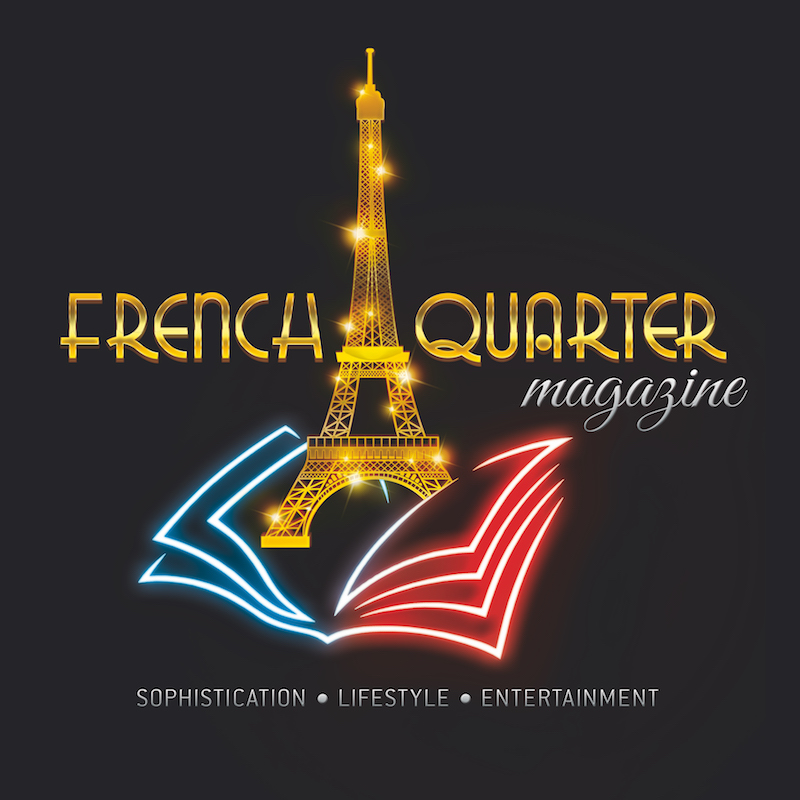
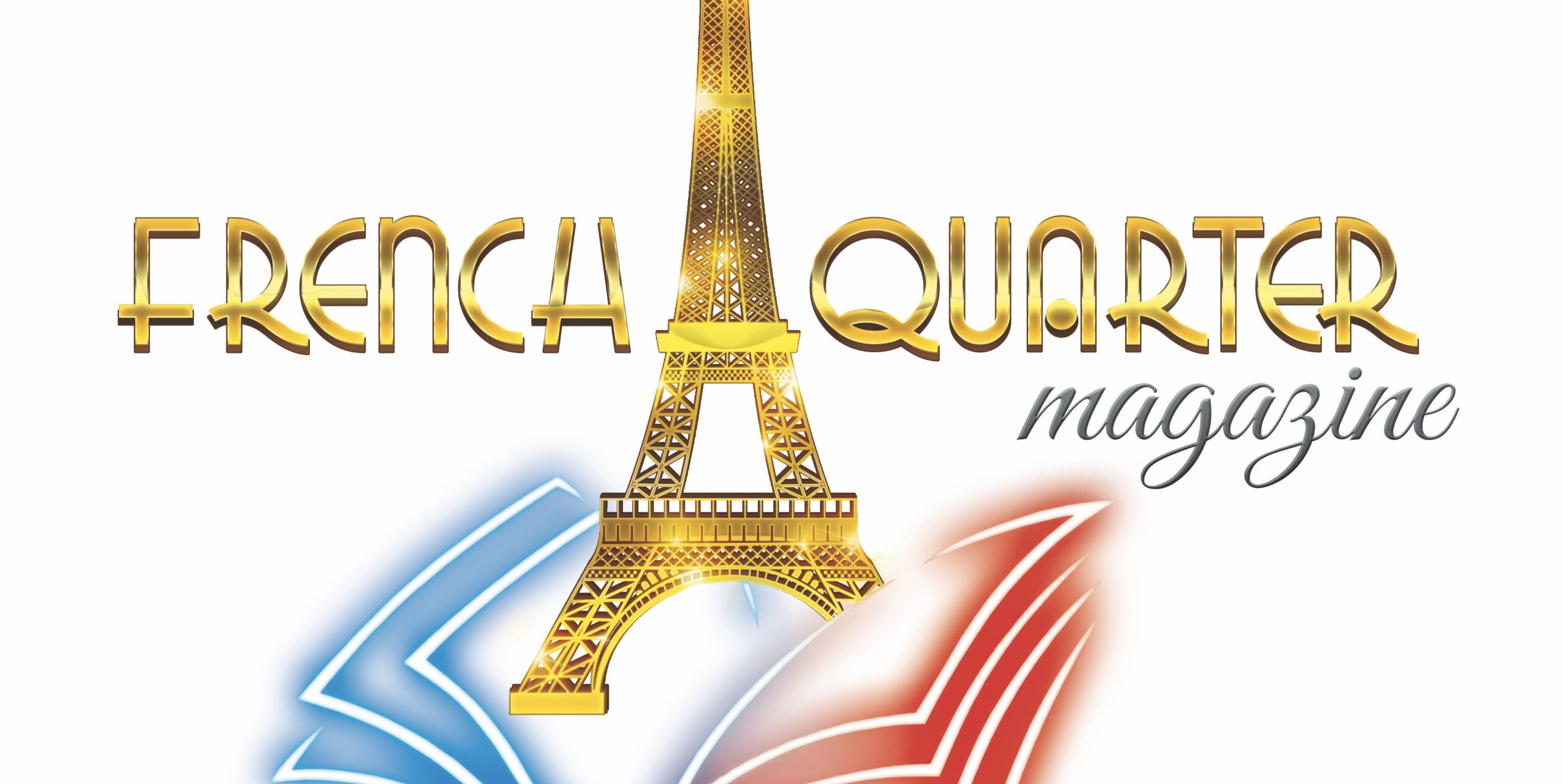

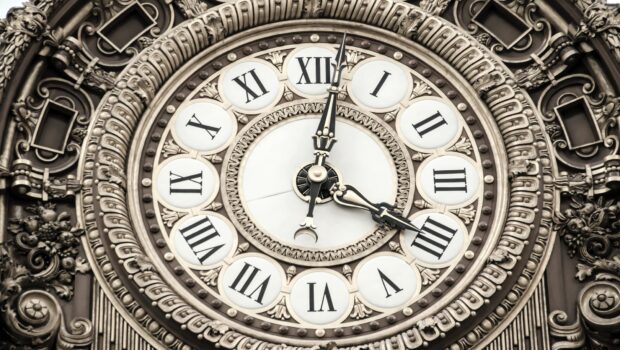
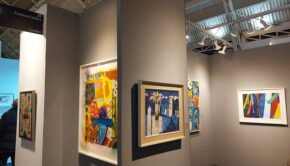










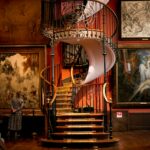


Fantastic read! This article does an excellent job of breaking down what smart homes are and how they’re transforming modern…